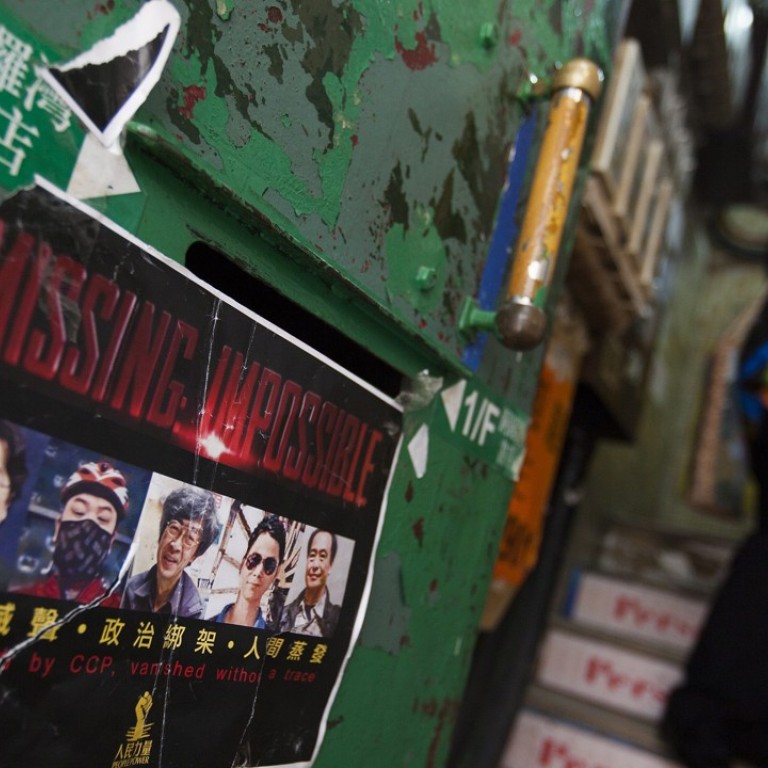
Two years after Hong Kong bookseller saga, city and mainland China yet to finalise notifications on detained citizens
Security Bureau claims two sides now ‘exchanging opinions’ on details with view to concluding text ‘as soon as possible’
In a reply to the Post, the city’s Security Bureau said the two sides were still drafting the text for the enhanced mechanism, under which the mainland must tell the city if Hongkongers are being subjected to compulsory criminal measures – such as detentions or arrests – or have died unnaturally.
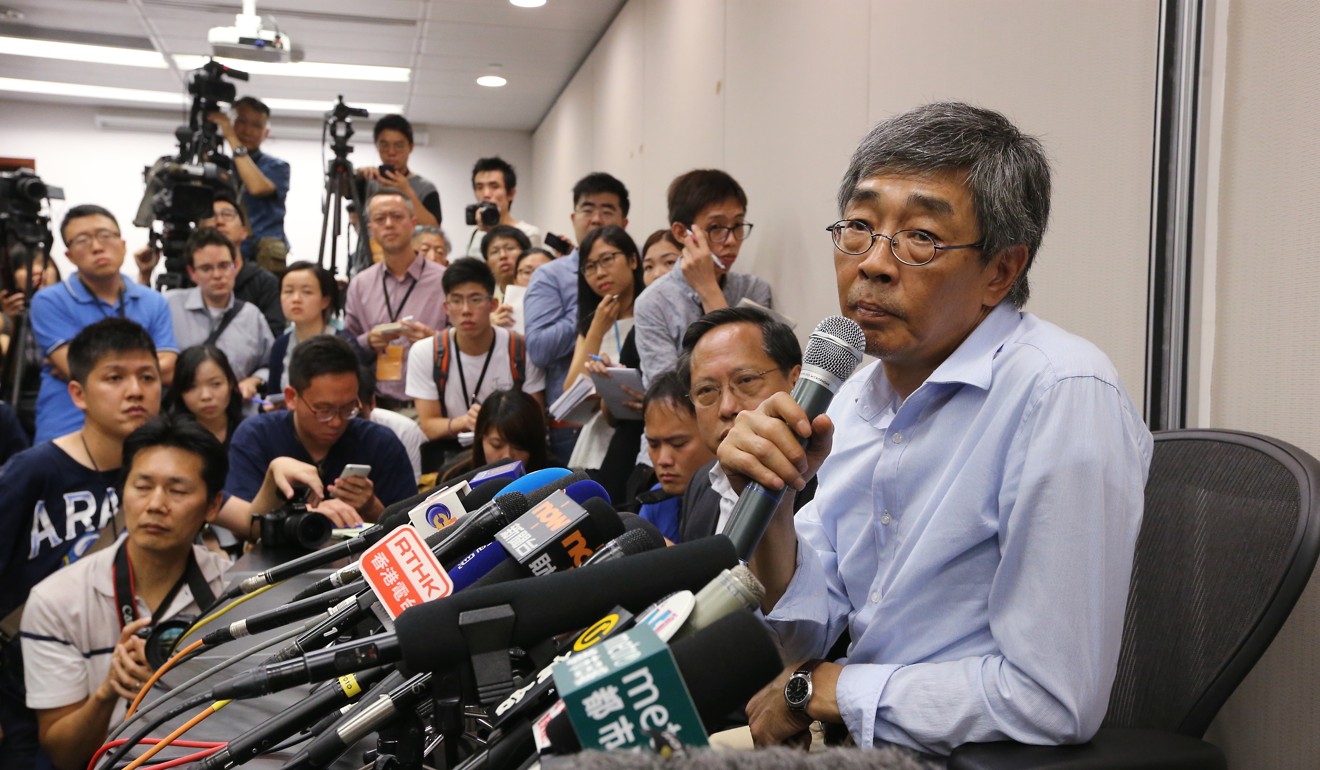
“Hong Kong and the mainland, after two rounds of discussions, have fully exchanged views on refining the notification mechanism, including the notification time frame, content, scope and channel,” the bureau said.
It added that the two sides were “now focusing on drafting the text” for the mechanism and “exchanging views on the details of the arrangement” with an eye to finalising the text “as soon as possible”.
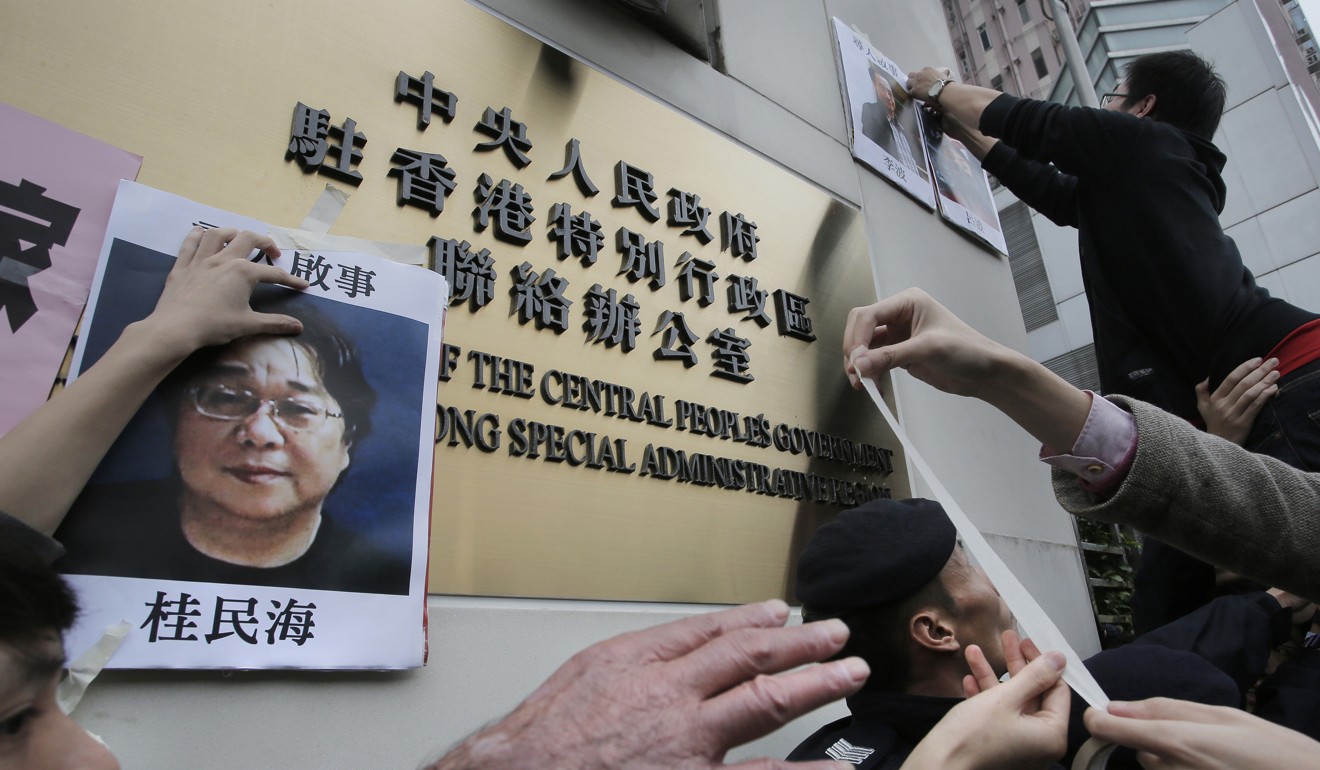
The mechanism drew renewed attention when the bookseller disappearances began in October 2015, when Gui Minhai, a mainland-born, naturalised Swedish citizen, vanished from Pattaya in Thailand. Gui was said to have been kidnapped by Chinese agents.
Gui was a co-founder of Mighty Current publishing house, which specialised in political gossip about the leadership in Beijing.
Watch: Hong Kong’s missing booksellers – a timeline of events
Lee’s case sparked fears he had been kidnapped by mainland agents operating in Hong Kong and that the “one country, two systems” principle had been eroded.
All five eventually surfaced on the mainland, appearing on state media to claim they had gone there voluntarily.
Hong Kong and the mainland, after two rounds of discussions, have fully exchanged views on refining the notification mechanism
In July last year, Hong Kong’s justice and security ministers visited Beijing to meet a delegation headed by Guo Shengkun, the public security minister at the time. The meeting focused on discussing how to strengthen the communication arrangement.
Officials from both sides met again in the same month in Shenzhen, located just over the border from Hong Kong.
The news agency added that the mechanism would uphold “the principles of acting lawfully, seeking common ground while reserving differences, mutual benefits, and protecting human rights”.
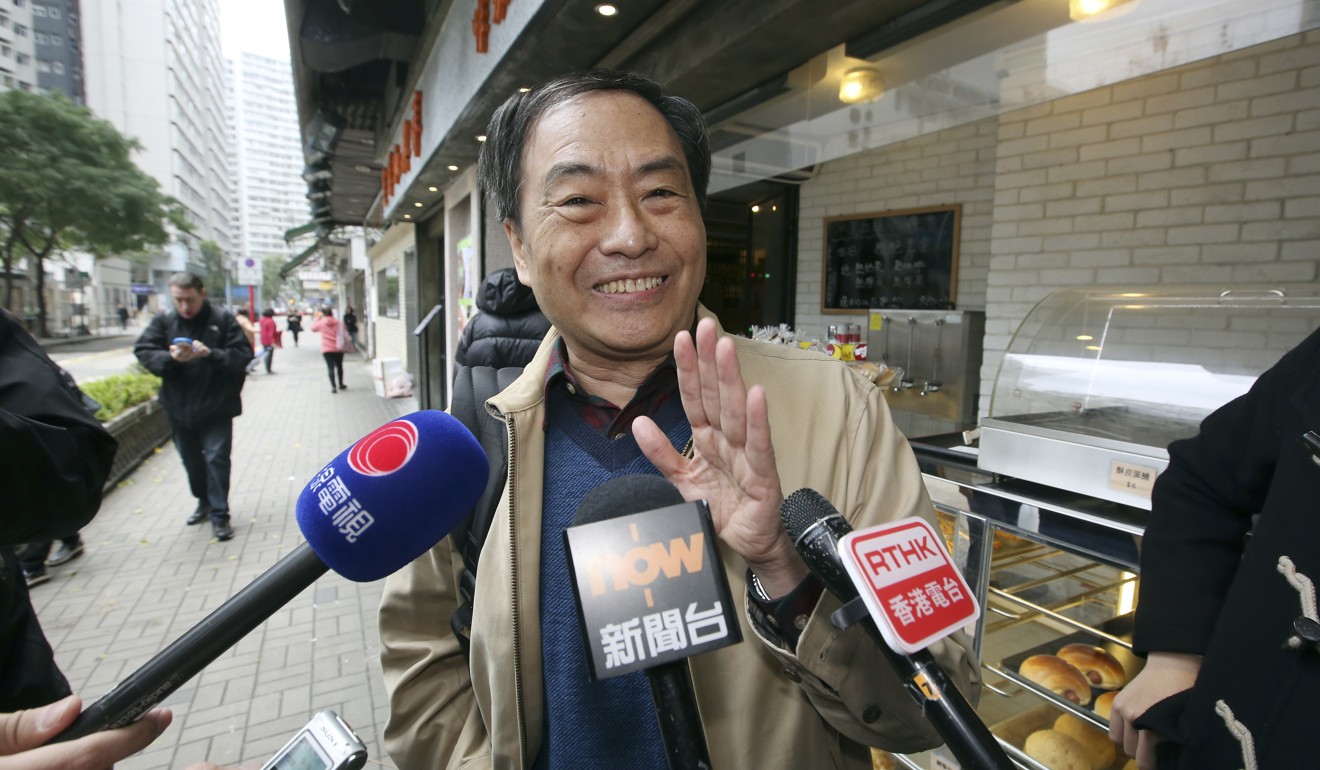
The scope of the content, time requirement and notification channels would also be “modified and improved”.
The Security Bureau noted mainland authorities sent 1,560 notifications to the Hong Kong government last year, 653 more than in 2015. In the first six months of this year, 858 notifications were made.
Two men jailed in China for selling Hong Kong-published books, sources say
But the bureau said it lacked figures on how many notifications had been made within 14 days of a Hongkonger having criminal compulsory measures imposed.
Richard Tsoi Yiu-cheong, who campaigned for the mechanism before its formal implementation in 2001, doubted whether Hong Kong officials had done their best to adopt improvements.
“Talks between the two sides took place at the time because they were under pressure to improve the mechanism,” he said.
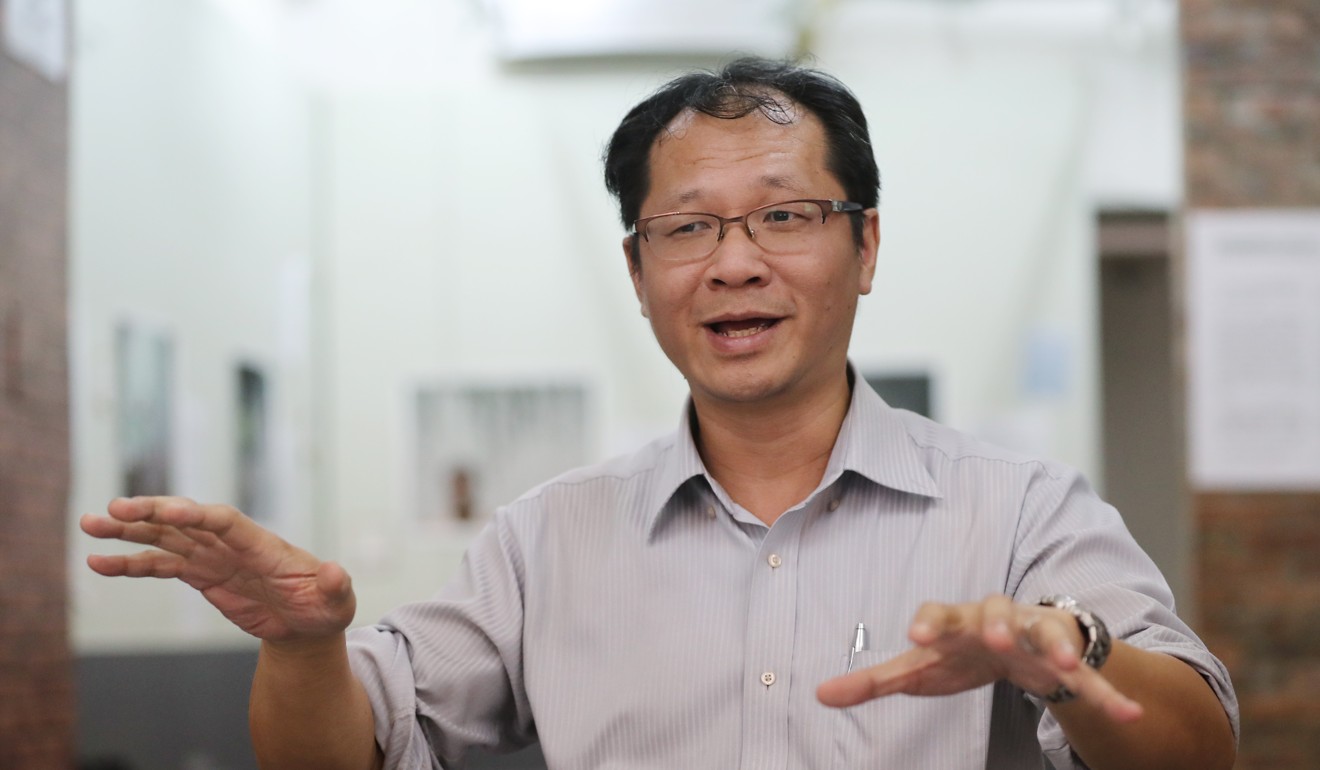
Still, Tsoi believed notifications surged in number last year because the mainland authorities had become more aware of the importance of the mechanism after the bookseller saga.

